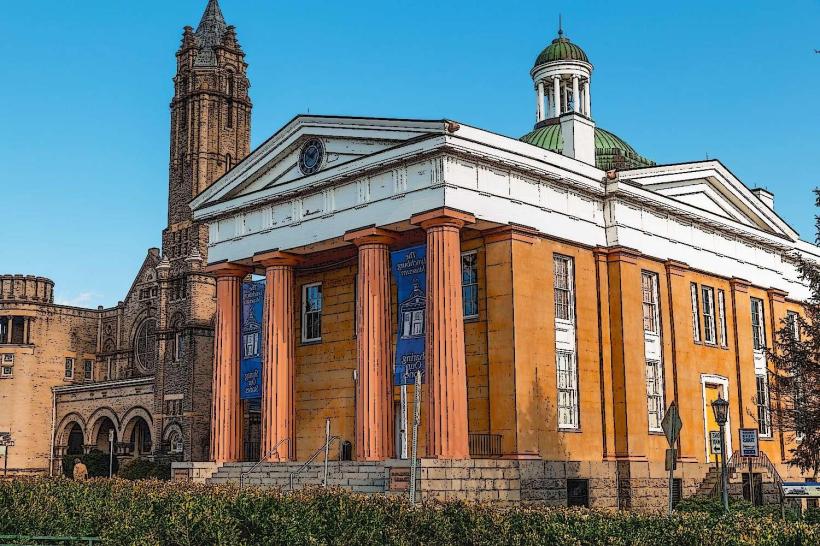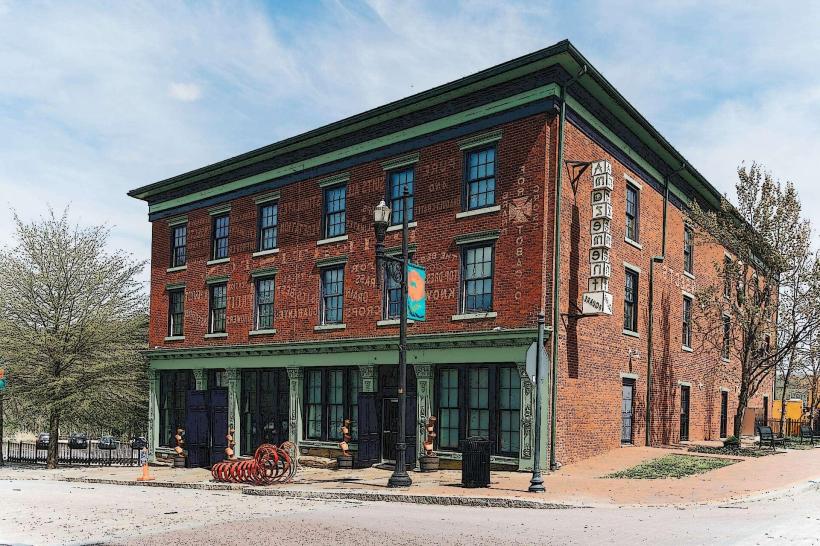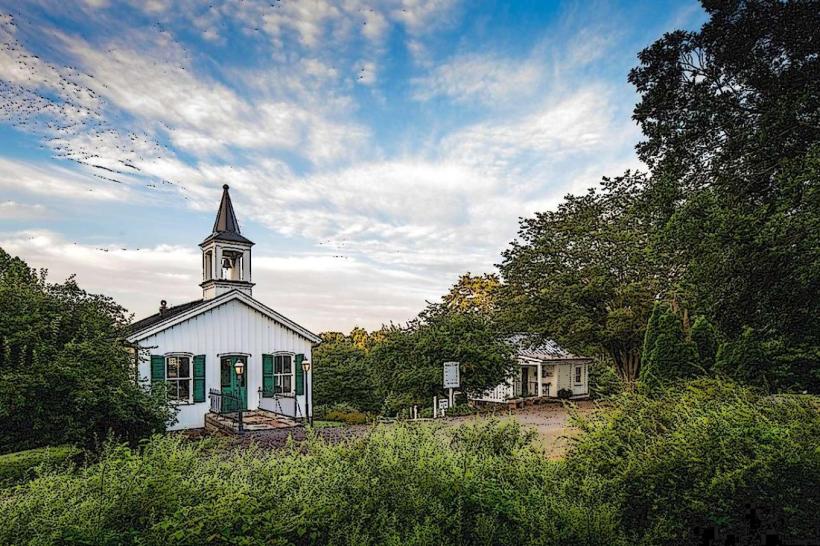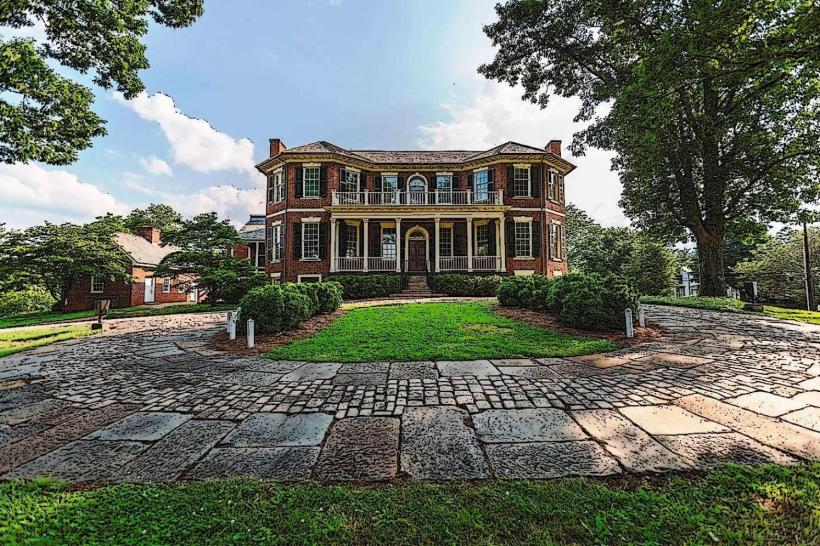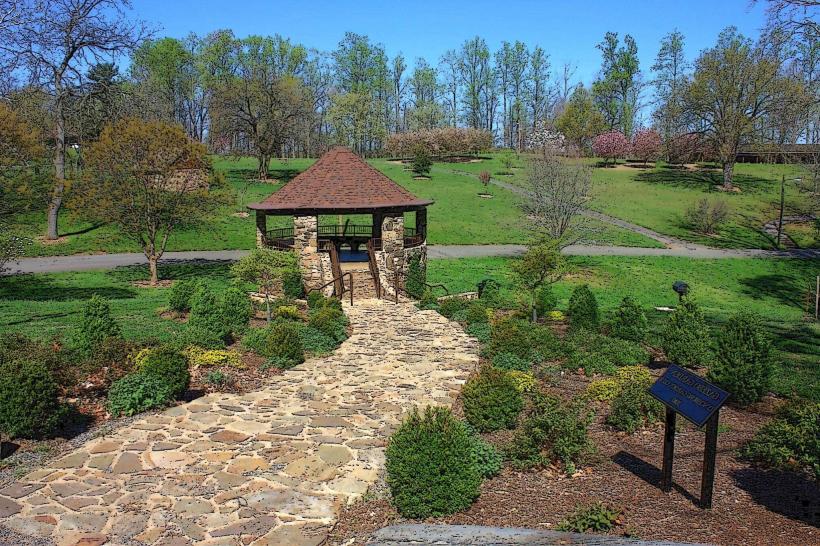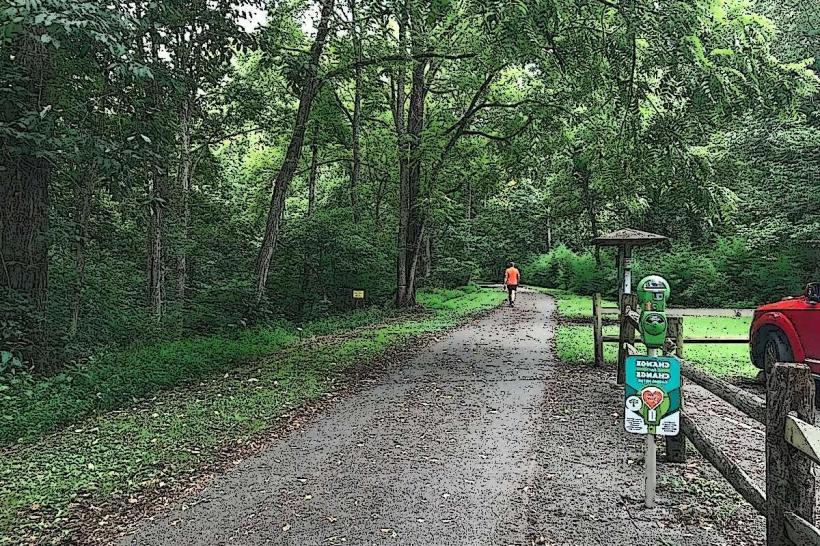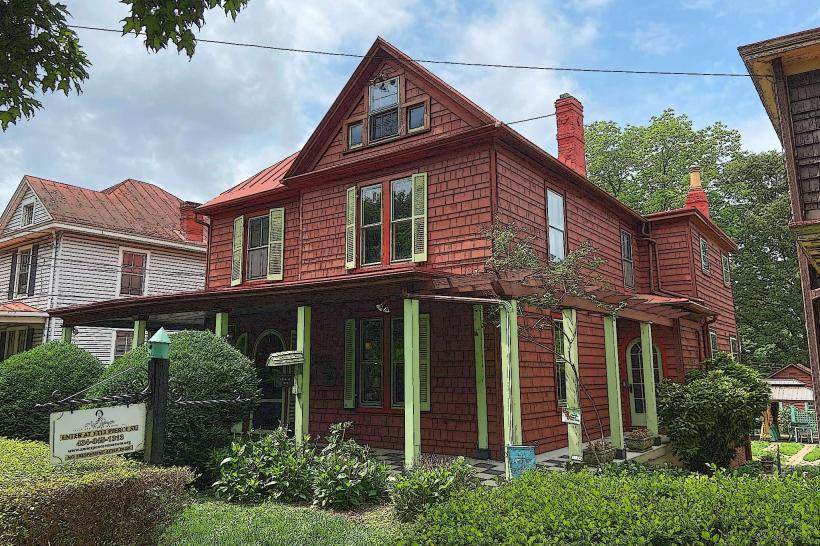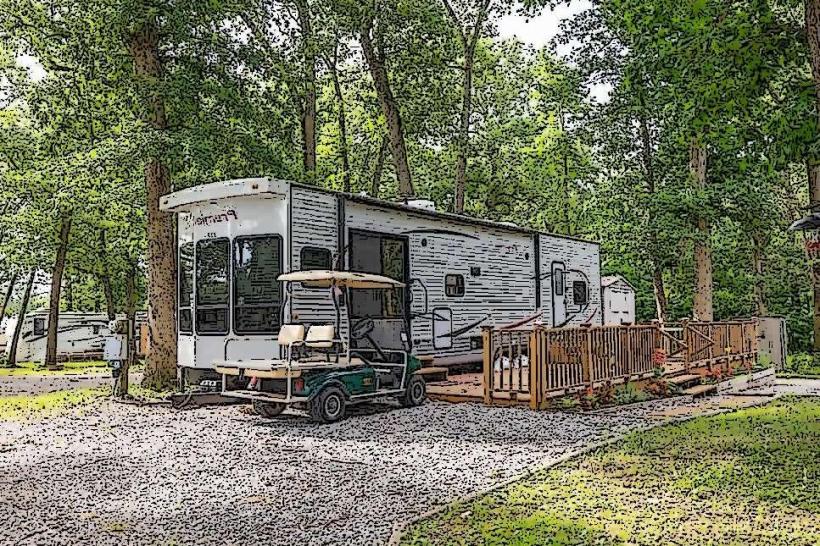Information
City: LynchburgCountry: USA Virginia
Continent: North America
Lynchburg, USA Virginia, North America
Lynchburg is an independent city in the foothills of the Blue Ridge Mountains, situated along the banks of the James River. Known as the "Hill City," it serves as a regional center for higher education, nuclear technology, and healthcare.
Historical Timeline
Founded in 1757 by John Lynch, who established a ferry service across the James River. Primary governance eras include its role as a major tobacco trading hub and its status as one of the few Confederate cities never captured by Union forces during the Civil War. A critical historical event was the 1971 founding of Liberty University by Jerry Falwell Sr., which transformed the city’s economic and cultural landscape. In the 21st century, the city has transitioned from manufacturing to a high-tech and academic service economy.
Demographics & Population
The population is approximately 79,000. The demographics are White (62%), Black or African American (28%), Hispanic or Latino (4%), and Asian (3%). The median age is 28.5 years, significantly influenced by a student population exceeding 20,000.
Urban Layout & Key Districts
The city's topography is defined by seven distinct hills.
Downtown: The historic riverfront core, featuring steep streets, industrial lofts, and the Bluffwalk.
Diamond Hill: A historic district known for its well-preserved Victorian and Edwardian architecture.
Rivermont: A 5-km corridor featuring historic mansions, Randolph College, and the city's first planned park.
Wards Corner / Wards Road: The primary modern commercial district, dominated by big-box retail and the Liberty University campus.
Boonsboro: An affluent residential area in the northwestern section of the city.
Top City Landmarks
Old City Cemetery: A 27-acre "grave garden" and public park established in 1806.
Point of Honor: The 1815 Federal-style mansion of Dr. George Cabell, physician to Patrick Henry.
Monument Terrace: A 139-step memorial stairway honoring veterans of various American wars.
Liberty Mountain Snowflex Centre: A year-round synthetic ski slope.
Amazement Square: An award-winning multi-disciplinary children's museum in a historic warehouse.
Thomas Jefferson’s Poplar Forest: Jefferson’s private octagonal retreat (located 10 km west in Forest).
Transportation Network
Movement is serviced by Greater Lynchburg Transit Company (GLTC) bus routes. The city is a major Amtrak stop (Northeast Regional and Crescent lines) with direct service to NYC and New Orleans. It is served by US-29, US-460, and US-501. Ride-sharing is universal. Traffic density is extreme on Wards Road during university events and holiday shopping periods.
Safety & "Red Zones"
The general safety level is moderate. Caution is advised at night in parts of the Diamond Hill periphery and sections of the midtown residential blocks, which experience higher rates of property crime. Downtown and Rivermont are heavily patrolled. Common scams involve fraudulent off-campus student housing listings.
Digital & Financial Infrastructure
Internet speeds average 400 Mbps with fiber availability via Lumos and Comcast. Main mobile carriers are Verizon, AT&T, and T-Mobile. Card acceptance is universal. ATMs are concentrated in the Downtown financial district and along Wards Road.
Climate & Air Quality
Temperatures range from -3°C to 7°C in winter and 19°C to 30°C in summer. Humidity is high. Air quality is consistently high. Specific weather risks include seasonal ice storms and flash flooding along the James River and its tributaries.
Culture & Social Norms
The standard tipping percentage is 18–25%. A handshake is the standard greeting. Dress codes are "Collegiate-Casual" or "Church-Professional." The city is culturally defined by its religious conservatism (home to Liberty University), its deep industrial roots, and a growing outdoor-focused lifestyle.
Accommodation Zones
Downtown: Recommended for boutique hotels and walkable access to historic sites and dining.
Wards Road: Recommended for national hotel chains and proximity to Liberty University.
Rivermont: Recommended for bed-and-breakfast stays in historic Victorian homes.
Local Cost Index
1 Espresso: $4.25 (USD)
1 Standard Lunch: $15.00 (USD)
1 Amtrak Fare (to DC): $25.00–$55.00 (Variable).
Nearby Day Trips
Appomattox Court House: Site of the Civil War surrender (35 km east).
Blue Ridge Parkway: (20 km west).
Natural Bridge State Park: (60 km west).
Peaks of Otter: (45 km west).
Facts & Legends
Lynchburg was once one of the wealthiest cities per capita in the United States during the tobacco boom. Historically, it is the home of the "Lynchburg Lemonade" (though the drink was popularized elsewhere). A local legend involves the "Ghost of the White House," where spectral sightings have been reported at the Old City Cemetery’s gatehouse. Another legend concerns "Beale’s Treasure," with one of the three famous 19th-century ciphers allegedly pointing to gold buried in the surrounding Bedford County hills.

